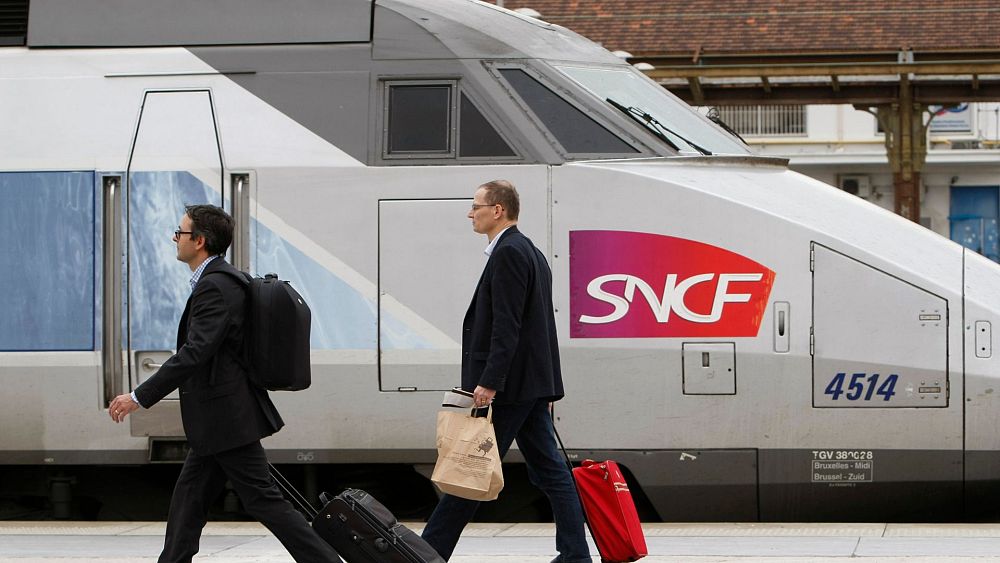France is set to launch a low-cost rail pass next summer.
The new €49 pass will offer passengers unlimited travel on TER regional services and intercity trains.
It follows on the success of Germany’s popular €49 public transport ticket.
Transport minister Clément Beaune revealed details of the plan earlier this week.
“It will be simple. French people – irrespective of their age – can buy this pass and have unlimited travel on an intercity or TER for a flat, inexpensive price,” he told France 2.
“The ideal is to have something a little like what the Germans and other European countries have … to encourage train use.”
With the pass set to launch next summer, here’s everything you need to know.
What will France’s new €49 ticket look like?
Pass-holders will pay a monthly €49 subscription fee for unlimited travel on TER regional trains and intercity trains.
TER trains connect local destinations within French regions and serve around 1.1 million passengers per day.
Popular TER routes include Bordeaux to Arcachon (which costs around €15) and Marseille to Toulon (€17). Commuters who make these journeys regularly could save hundreds of euros with a pass.
As the name suggests, Intercity trains run between French cities. They serve longer distance routes than TER trains, but are slower than TGV high speed trains.
Popular routes include Paris to Toulouse and Bordeaux to Nice.
If you book on the day, an intercity train ticket between Paris and Tolouse would set you back €94 - nearly double the planned price of the public transport pass - though tickets are less exorbitant if you book further in advance.
The pass will also cover local bus, metro, and tram travel, “if possible,” Beaune said. The full details have not yet been finalised.
What does Germany’s public transport ticket look like?
The plan imitates the successful ‘Deutschlandticket’ launched in Germany in April this year.
The pass - which offers unlimited travel on all local and regional public transport for €49 - was hailed by authorities as the “biggest public transport reform in German history”.
More than three million Germans have purchased the ticket since its launch. But transport bosses have warned that the low price may not be sustainable and that a price-hike is likely in January 2024.
Will the French pass help reduce carbon emissions from transport?
The French ticket aims to wean commuters off carbon-intensive forms of transport, President Emmanuel Macron said on Monday. It comes shortly after the country banned short-haul flights for journeys that are possible in less than two-and-a-half hours by train.
“The crux of the battle is to get out of coal and out of oil,” he explained.
Other European rail passes have had a positive environmental impact.
The €49 German ticket was a successor to the €9-per-month ticket trialled last summer. This ultra-cheap pass was introduced to combat rising inflation after Russia's invasion of Ukraine.
With more than 52 million tickets sold, the pass has helped reduce carbon emissions from traffic. German transport association VDV claims that it saved around 1.8 million tonnes of carbon emissions during June, July, and August this year.


